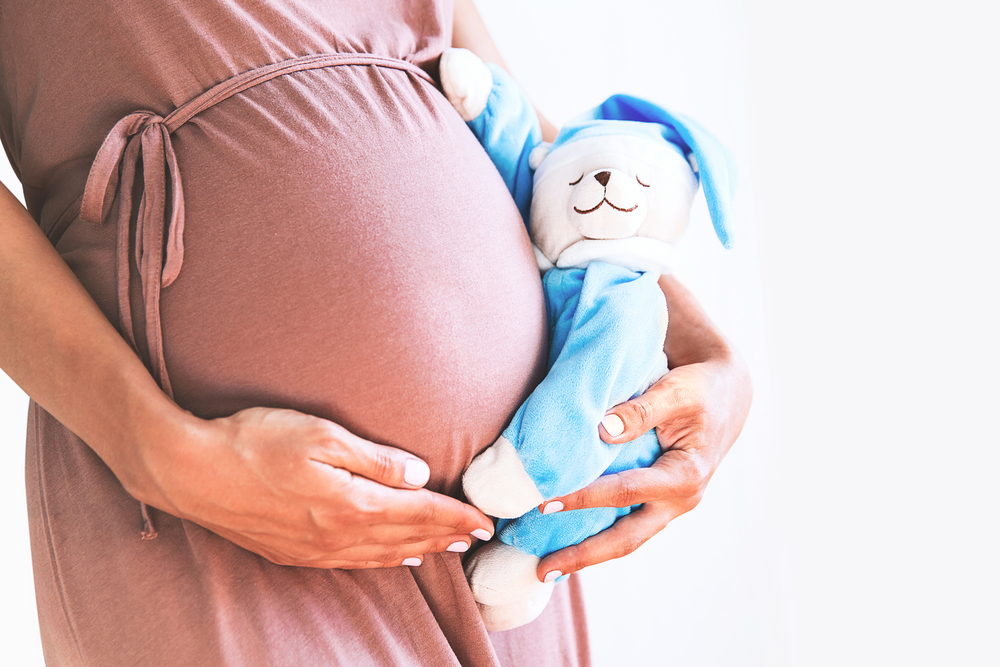Pregnancy, Delivery Complications Not Higher in Women With CMT, Study Reports

Women with Charcot-Marie-Tooth (CMT) disease do not have a higher rate of pregnancy or delivery complications than women who do not have the disease, a study has found.
The study, “Pregnancy outcome in Charcot‐Marie‐Tooth disease: results of the CMT‐NET cohort study in Germany,” was published in the European Journal of Neurology.
According to the researchers, patients and healthcare professionals have recently shown increasing interest in knowing if CMT may be associated with a higher risk of complications during pregnancy or delivery.
Previous studies investigating the possible negative effects of CMT on pregnancy and delivery complications reported inconsistent findings. While some found that the disease was not associated with a higher risk of complications, others reported that delivery operations and postpartum bleeding were more frequent in women with CMT.
In an attempt to clarify this issue, researchers in Austria and Germany carried out a study to evaluate the rates of pregnancy and delivery complications, newborn health, and other pregnancy-related outcomes in women with CMT.
The study, which was part of the German CMT NET pregnancy study, was conducted from 2016–2019.
To be eligible, women with a confirmed diagnosis of CMT must have given birth or been pregnant during the study, and completed at least one pregnancy after 1990.
Once enrolled, all women were asked to fill out a series of questionnaires designed to gather detailed information on the course of pregnancy and delivery, CMT severity during pregnancy, and personal opinions on having children. The researchers also reviewed the medical files of all participants.
Of the 61 women who initially agreed to participate, 54 completed all questionnaires and were included in the final analyses, which had data from a total of 98 pregnancies.
Fourteen miscarriages and 84 complete pregnancies resulting in the birth of 86 infants were reported.
Women were a mean of 12.6 years old when they started experiencing the first symptoms of CMT and a mean age of 28.5 when they delivered their first child.
Nearly all the women (92%) had an autosomal dominant form of CMT, which means that a single mutated copy of a gene is sufficient to cause the disease.
Two women had an autosomal recessive form of CMT, in which a mutation must be present in both copies of the gene to induce the condition; and two an X‐linked form of the disease, where the disease-causing mutation is in the X chromosome. Most of the women (74%) had CMT type 1A (CMT1A).
The rate of pregnancy and delivery complications in women with CMT and in the subgroup with CMT1A was similar to that seen in German women from the general population.
In addition, the investigators found that the rates of newborn deaths and complications were not higher among women with CMT.
About a third of the women reported that they had an exacerbation of their CMT symptoms during or after pregnancy. None of the women experienced any adverse events related to the use of anesthesia during delivery.
Most women had a positive attitude toward having children and said they were aware of the challenges posed by pregnancy.
When asked what advice they would give other women considering having a child, nearly half (47.7%) of the women stressed the importance of remaining positive, while more than a third (36.4%) suggested being aware of the challenges associated with pregnancy.
In addition, more than half (61.4%) of those who gave advice also emphasized the importance of receiving assistance and support in caring for the family.
“In line with findings from our previous study undertaken in the [1990s], there were no increased complication rates for pregnancy and delivery. These results are reassuring for the vast majority of CMT patients and are important for family planning and clinical care,” the investigators wrote.





